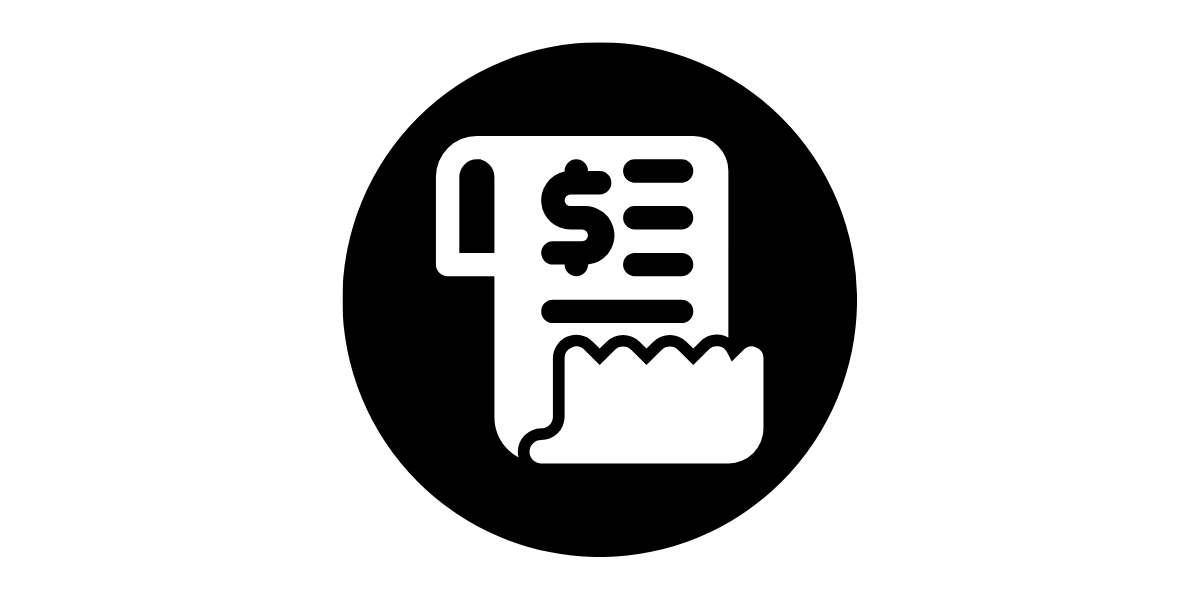
Invoicing is often seen as a tedious task that does not require full attention. It is true that invoices are a mundane task that can be overlooked, but they are an essential part of a business and vital to maintaining a positive cash flow. You, as a business owner must understand that you are not responsible for sending out invoices.
Online accounting software can automate many tasks and make it easy to manage invoices efficiently.
Here are some things you should avoid to ensure your money arrives on time.
1. Procrastination
It can be difficult for business owners to keep track of so many tasks at once. You may forget to invoice a small task or think that your customer or client will pay the bill anyway.
You must remember that invoices are your responsibility. It is important to make invoicing a priority. Invoices should be sent as soon as possible after the job is completed. A survey found that if you send your invoice the day after the job is completed, you are 1.5 times more likely get paid on time.
2. Pending Invoices
It is possible for the client to forget about the invoice or miss their due date. Your team and you must take responsibility for getting paid on time. Send reminders to clients and get in touch with them immediately if they fail to pay.
Extreme measures may be necessary in rare cases where the client is not responding to your calls. You can file a small claims court case, or hire a collection agency to collect your payment if things get more serious.
3. Undefined Terms
In the event of discrepancies, business dealings should always include clearly defined conditions. Invoices should not be written in vague terms. Be specific about your terms and the consequences for any non-compliance. However, don’t make it too complicated or unrealistic. This can cause problems in business relationships.
A simple contract between you and your clients will create a perfect situation. It will protect both the interests of each party. This will make your life easier and reduce your workload. Your lawyers should sign the agreement and make it legal.
4. Detail matters
Attention must be paid to every detail in order to avoid making mistakes. You should discuss with your client who to invoice, and then draft the mail accordingly. You can waste your time and create miscommunication by billing a different department or individual.
These details must be included in every invoice.
Name of legal company, address and contact number
Name and address of the client
Date and invoice number
Payment due date
As per government requirements, tax number or license numbers
Payment terms
Liste of products and services
To be paid total amount?
5. Data backups
It seems foolish not to use technology in this day and age. Keep a backup of all receipts in the cloud so you can refer to it even if the original is lost. Quickbooks cloud allows you to track your data and give remote access to your financial reports.
6. Branding and Format
Research shows that invoices with proper company logos and names are three times more likely to be paid. These little things are a sign that you are a professional and can help to build your executive image.
Poor editing and formatting of invoices is another example. All errors, including spelling mistakes, incorrect amounts, and incomprehensible fonts, must be avoided. Before sending invoices, double-check them.
7. Flexibility and payments
Now that you have established your payment terms, congratulations! You don’t have to follow strict rules just because you are a businessman. While it is important to follow the rules, clients may request some flexibility.
You must provide options for secure payment methods to your clients, as well as a smooth workflow for you both.
8. Manners
To run a successful business, it is important to be polite. Your chances of getting paid can be increased by adding a ‘please’ or ‘thanks’ to your tone, email, and invoices. This will boost your brand image.
Cloud-based QuickBooks is a highly effective tool for accounting professionals due to its integration with the rapidly changing technology. It simplifies the process and keeps track of outgoing and incoming cash. These points will help you get paid on time by clients.
SageNext Infotech accountant Tina Smith She has expertise in project management and accounting operations. SageNext allows her to consult clients accountants about the advantages of QuickBooks Hosting. SageNext, a leader in cloud-based QuickBooks and tax software, Sage.
